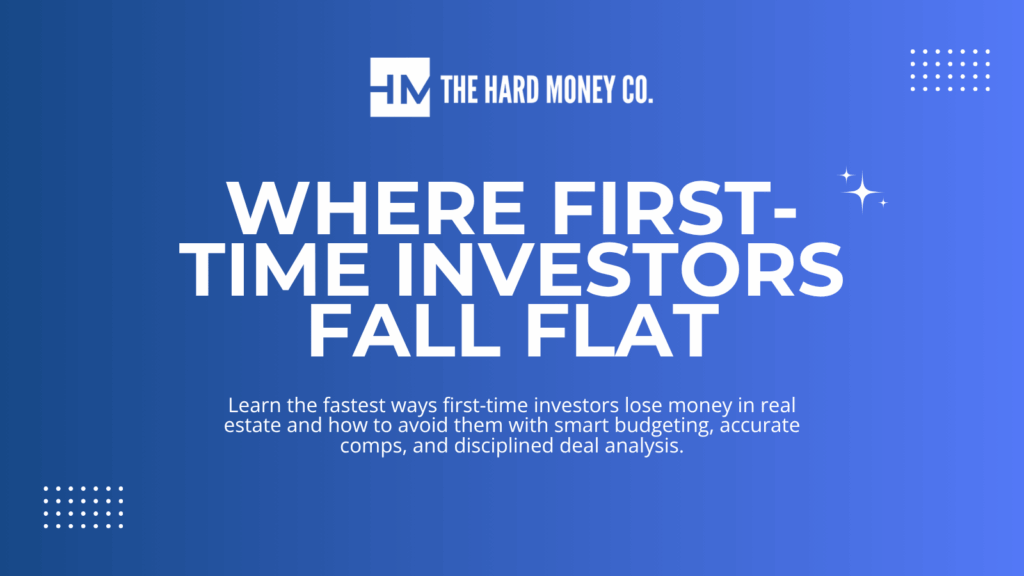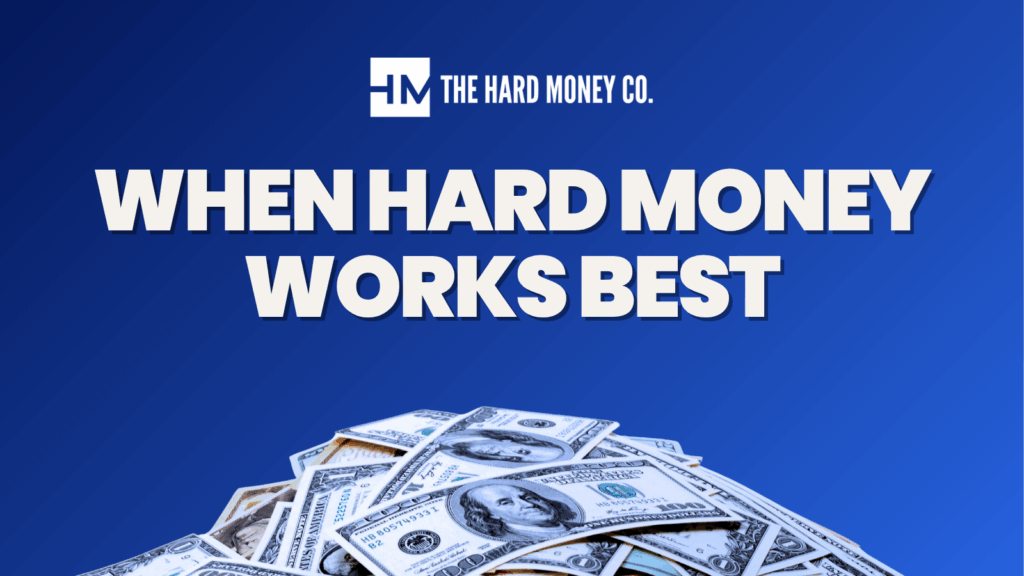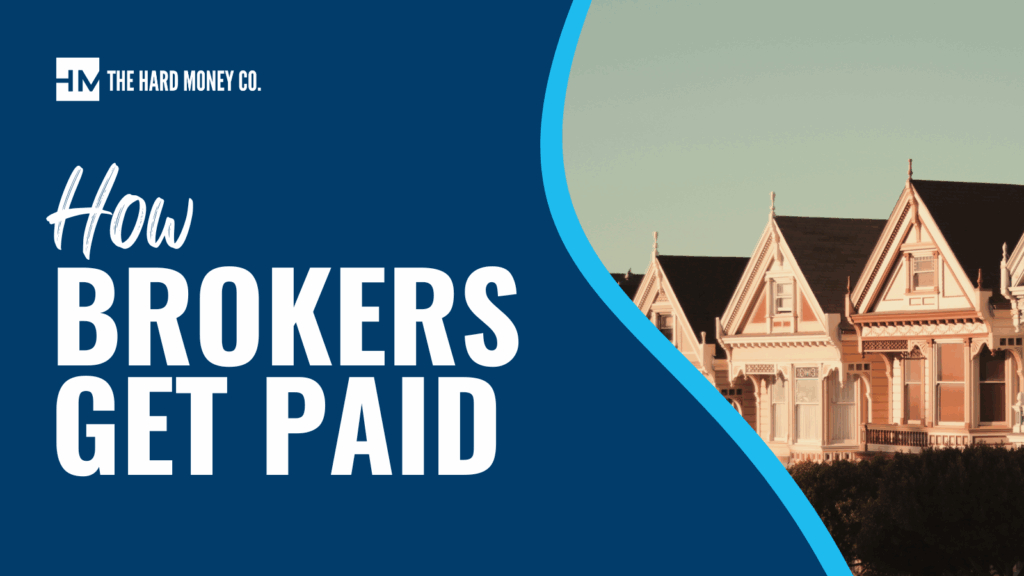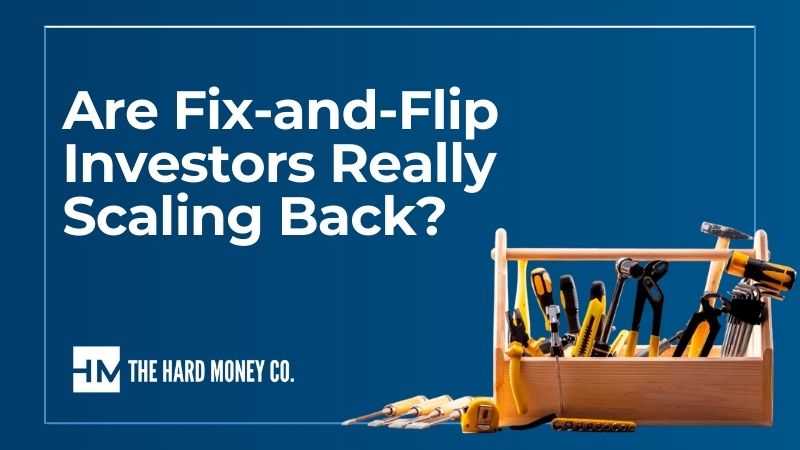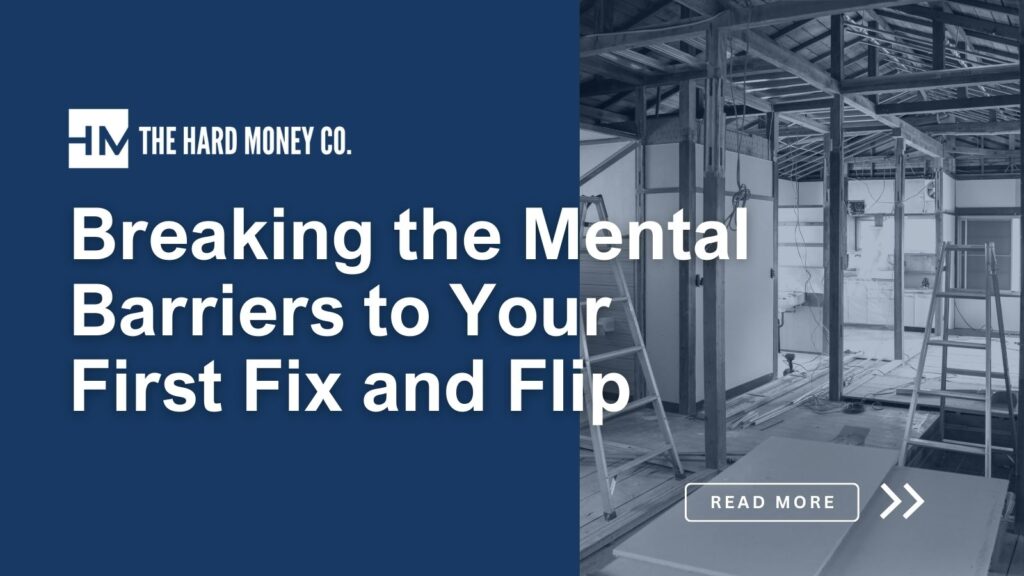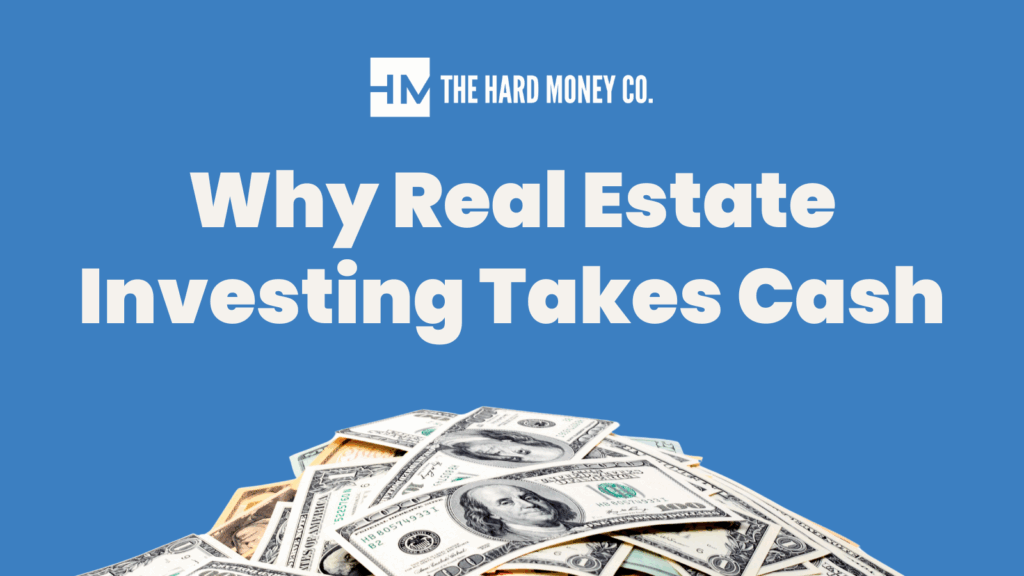The One Thing Every First-Time Investor Gets Wrong
Most first-time investors think the money is in the renovation. It’s not.
It’s in the buy.
You can have the nicest finishes on the block, but if you overpaid at closing, you’re probably going to lose money. New investors tend to get wrapped up in upgrades, style, and “potential” while ignoring the single most important piece of the deal: what you paid for it.
Let’s break it down.
Real Money Is Made on the Buy, Not the Rehab
You don’t make money when you finish the rehab. You make it the day you close.
If you paid too much, the renovation won’t bail you out. Say you buy a property for $150,000, put in $50,000 of work, and hope to sell for $210,000. That math doesn’t work. You’re underwater before you even start demo.
Now take the same property at a $100,000 purchase price with $50,000 in rehab and a $210,000 ARV. That’s a real deal. You’ve got margin, profit, and options and it all started with buying it right.
This may sound obvious, but too many investors take the purchase price at face value. They assume it’s fixed, or that they don’t have any say in the matter. You do. No one is forcing you to overpay. If the numbers don’t make sense, negotiate. If the seller won’t move, walk away. That discipline is where long-term success comes from.
Why First-Time Buyers Overpay
There are a few common reasons:
- They fall in love with a property instead of the numbers
- They don’t know how to run comps or estimate repairs
- They assume future value will make up for today’s mistakes
- They feel pressure to buy something and stop being “on the sidelines”
We get it. Everyone wants their first deal. But rushing into a bad one sets you back farther than waiting for the right one.
What to Do Instead
Know your numbers. Start with your target ARV, subtract the cost of repairs, subtract holding and transaction costs, subtract your desired profit and what’s left is your max offer.
If a seller doesn’t accept that number, you move on. That’s how professionals operate. Good investors pass on most deals they look at. It’s a volume game and you can’t afford to spend 6 months on a project that’s not going to pay.
We’ll Help You Know If It’s a Deal
We’re not here to push loans that don’t make sense. We’re here to close smart deals fast.
Our in-house underwriting team looks at every file and can tell quickly if a deal has potential or not. We know what works and what doesn’t—but we’re not here to do the work for you. When an investor hasn’t run the numbers, thought through the scope, or taken the time to understand the deal, it shows. And those files almost never make it to the closing table.
If the deal looks strong, we’ll move fast to help you win it. If it’s too tight, we’ll be honest. Either way, we’re focused on the full picture. And we want your project to succeed, because if you win, you’ll come back for the next one.
Conclusion:
You can’t fix a bad purchase price. If the numbers don’t work going in, they won’t work coming out. Focus on buying right—that’s where the money is made.
Ready to close on a real deal? Submit your application with The Hard Money Co. and get a fast, honest answer from a team that knows what a good deal looks like.


